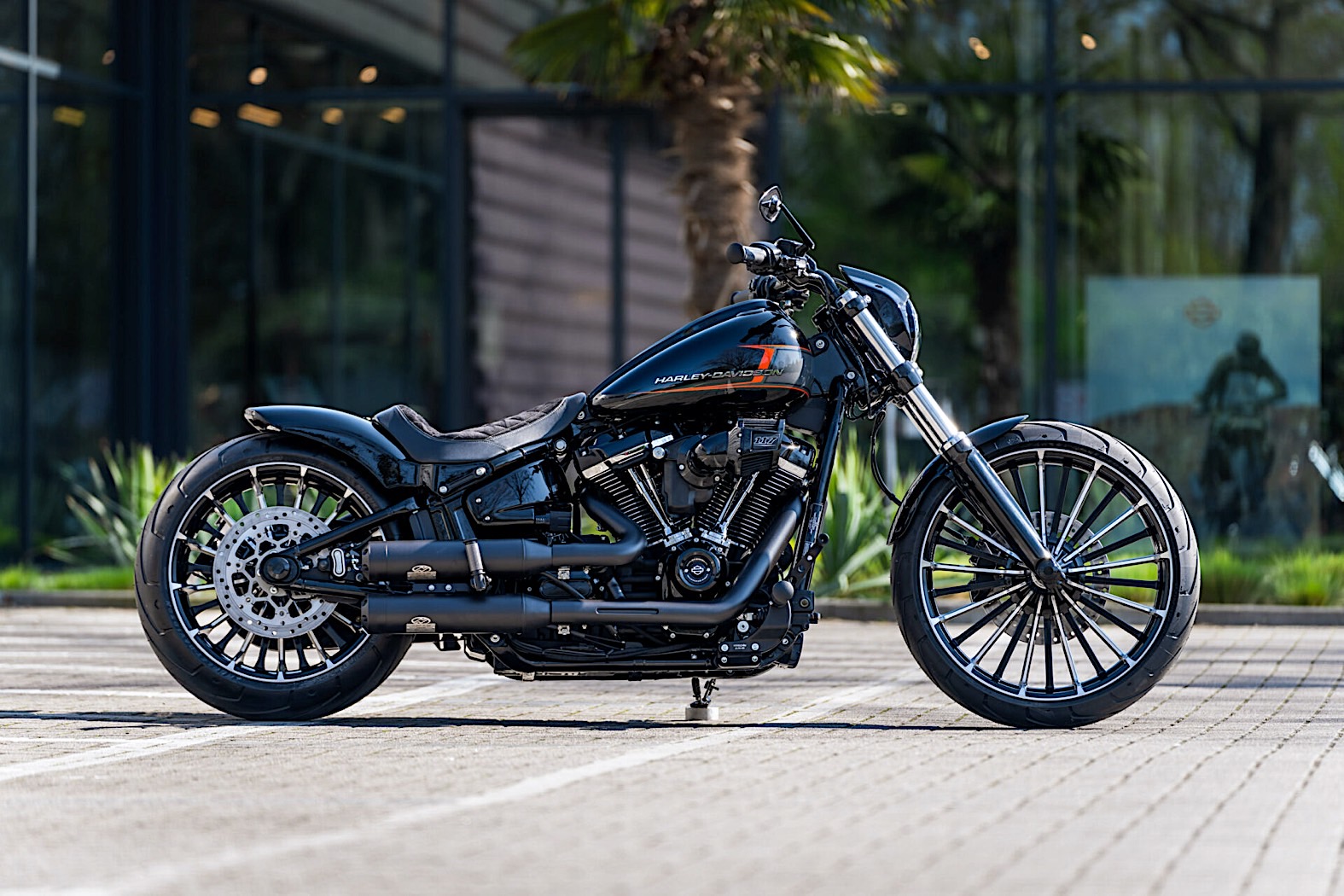
Welcome, fellow film fanatics, to a journey across the untamed cinematic frontier! We all know the iconic Westerns—the dusty duels, the sweeping vistas, the stoic heroes, and formidable villains that have shaped our understanding of the American West. But what happens when you’ve ridden every trail with John Wayne, witnessed every showdown with Clint Eastwood, and explored the grand narratives that sit atop every ‘greatest Westerns’ list?
Fear not, for the genre’s vast landscape holds many more treasures waiting to be discovered. Rotten Tomatoes has curated a list of the 100 best-reviewed Western movies of all time, focusing exclusively on classical period films. This means you won’t find any ‘neo-Western nonsense’ here, just pure, unadulterated tales from the heart of the genre, each with its own unique flavor and enduring appeal.
For those who’ve seen the universally acclaimed masterpieces and are hungry for more, we’ve saddled up 6 exceptional Westerns that deserve your attention. These films—all celebrated for their distinct storytelling, unforgettable characters, and critical resonance—will deepen your appreciation for a genre that continues to evolve even within its traditional confines. Let’s start with the first seven that promise to keep you enthralled.

1. **Johnny Guitar (1954)**Nicholas Ray’s 1954 cult classic, *Johnny Guitar*, confidently strides through genre conventions, carving out a unique space in Western cinema. With a striking 94% Tomatometer score, it’s clear this film offers a brilliant, almost subversive take on the traditional Western narrative. It’s a visually striking and emotionally charged experience that film enthusiasts often revisit to appreciate its audacious spirit and thematic depth.
More than just a simple tale of the Old West, *Johnny Guitar* famously features strong female leads in Joan Crawford and Mercedes McCambridge, who command the screen with electrifying performances. Their powerful portrayals challenge the typical gender roles prevalent in 1950s cinema, making the film a fascinating study of ambition, rivalry, and defiance against societal expectations. The film’s bold characterizations and dramatic intensity truly set it apart.
The narrative centers on a saloon owner, played by Joan Crawford, whose independent and uncompromising nature fuels much of the film’s conflict. Her relationship with the enigmatic Johnny Guitar, portrayed by Sterling Hayden, provides a compelling emotional core. Ray’s direction, combined with the vivid performances, creates a theatrical yet gritty atmosphere that feels both familiar and refreshingly new within the Western landscape. The critical praise for its confident handling of genre tropes underscores its enduring appeal.
This film’s vibrant pastel color scheme and stylized action sequences make it a bizarre, yet thoroughly entertaining watch. It’s a testament to how creative filmmaking can push boundaries while still delivering a captivating story. For those seeking a Western that dares to be different and embraces a heightened sense of drama, *Johnny Guitar* is an absolute must-see that continues to inspire and intrigue audiences today.

2. **She Wore a Yellow Ribbon (1949)**John Ford’s *She Wore a Yellow Ribbon* stands as a poignant and visually stunning entry in the Western canon, earning a remarkable 92% on the Tomatometer. Though the critical consensus text isn’t explicitly provided, its high score unequivocally speaks to its enduring quality and widespread critical approval. This film is a masterful example of Ford’s ability to craft epic yet deeply personal stories within the vast expanse of the American frontier.
The story centers on Cavalry Captain Nathan Brittles, magnificently brought to life by John Wayne in one of his most iconic performances. Nearing retirement, Brittles undertakes his last job: to soothe relations with the Cheyenne and maintain peace in a turbulent landscape. This narrative premise allows for a thoughtful exploration of duty, legacy, and the bittersweet passage of time as an old warrior confronts the twilight of his career and a changing world.
Ford’s direction is nothing short of breathtaking, capturing the stark beauty and formidable challenges of the frontier with his signature visual poetry. The cinematography is particularly lauded for its use of natural landscapes, painting a vivid picture that immerses the viewer in Brittles’ world. The film is as much a character study as it is an adventure, delving into the emotional weight carried by those who guard the fragile peace of the West.
Starring alongside Wayne are Joanne Dru, John Agar, and Ben Johnson, who contribute to the film’s rich ensemble dynamic. Their performances add layers of humanity and complexity to the narrative, enhancing the film’s emotional impact. *She Wore a Yellow Ribbon* is a quintessential Western experience, offering both grand spectacle and intimate drama, making it an essential watch for anyone delving deeper into the genre’s classics.

3. **Django Unchained (2012)**Quentin Tarantino’s *Django Unchained* burst onto the scene with a bold, bloody, and stylistically daring approach, cementing its place as an incendiary masterpiece. With an 87% Tomatometer score, critics praised its unflinching narrative and distinctive vision. This film reimagines the Western with a visceral intensity, tackling challenging historical themes through Tarantino’s unique lens, delivering an experience that is both shocking and profoundly satisfying.
The plot unfolds two years before the Civil War, following Django, a slave portrayed by Jamie Foxx, who finds himself accompanying an unorthodox German bounty hunter named Dr. King Schultz, brilliantly played by Christoph Waltz. Their unlikely partnership forms the core of a revenge saga that is as brutal as it is morally complex. Foxx delivers a powerful performance, embodying Django’s journey from subjugation to liberation with compelling conviction.
Tarantino’s directorial prowess is on full display, showcasing his signature dialogue, non-linear storytelling, and explosive action sequences. The film meticulously builds its world, immersing audiences in the harsh realities of pre-Civil War America while infusing the narrative with elements of Spaghetti Westerns and blaxploitation films. The supporting cast, including Leonardo DiCaprio as the villainous Calvin Candie and Samuel L. Jackson, provide unforgettable turns that elevate the film’s dramatic stakes.
Beyond its stylistic flourishes, *Django Unchained* offers a potent and provocative commentary on slavery and justice. It’s a film that demands attention, sparking conversations long after the credits roll. For those who appreciate Westerns that don’t shy away from difficult subjects and are delivered with unparalleled cinematic flair, *Django Unchained* is a fiercely original and essential viewing experience that redefines what a Western can be.

4. **The Man Who Shot Liberty Valance (1962)***The Man Who Shot Liberty Valance* is heralded as one of the finest Westerns ever filmed, boasting an impressive 95% on the Tomatometer. Critics lauded its rich story and the master craftsmanship of director John Ford, capturing the tale with a trio of classic leading men at the peak of their craft. This film is not just a Western; it’s a profound meditation on myth, truth, and the making of a legend, told with a masterful touch.
The film’s narrative structure is ingenious, as questions arise when Senator Stoddard, played by James Stewart, attends the funeral of a local man named Tom Doniphon, portrayed by John Wayne. This framing device allows the story to unfold in flashback, revealing the complexities of courage, law, and the sacrifices made to civilize the frontier. Stewart and Wayne, two titans of cinema, deliver nuanced performances that brilliantly complement each other.
John Ford’s direction is at its most potent here, moving beyond simple heroics to explore the deeper currents of history and memory. The film interrogates the idea of heroism itself, suggesting that sometimes the truth is less compelling than the legend. Lee Marvin as the menacing Liberty Valance provides a formidable antagonist, whose presence drives much of the central conflict and forces the characters to confront their ideals.
The enduring power of *The Man Who Shot Liberty Valance* lies in its exploration of how the West was truly won—not just by gunslingers, but by lawmakers, teachers, and ordinary people striving for order. It’s a film that resonates with audiences because it delves into the choices and compromises that define a society. For any serious fan of Westerns, this is a meticulously crafted and intellectually stimulating film that offers layers of meaning with every viewing.

5. **Bacurau (2019)***Bacurau*, a formally thrilling and narratively daring film, draws on modern Brazilian sociopolitical concerns to deliver a hard-hitting, genre-blurring drama. Earning a robust 93% on the Tomatometer, this film showcases a unique blend of Western tropes with contemporary social commentary. Directed by Kleber Mendonça Filho and Juliano Dornelles, it’s a bold cinematic statement that defies easy categorization and demands attention.
The story is set ‘a few years from now’ in Bacurau, a small, isolated village in the Brazilian sertão. The community mourns the loss of its matriarch, Carmelita, but their grief soon gives way to a more existential threat. The village discovers it has inexplicably vanished from maps, an ominous sign that sets the stage for a tense and unpredictable battle for survival. This premise establishes a contemporary Western fable, rich with allegory.
The film’s strength lies in its ability to combine elements of a classic siege Western with incisive critiques of colonialism, class struggle, and cultural identity. The ensemble cast, featuring Sônia Braga, Udo Kier, and Barbara Colen, delivers powerful performances that ground the film’s fantastical elements in raw human emotion and determination. Their collective spirit in the face of external threats is both inspiring and fiercely engaging.
*Bacurau* is not merely an action-packed thriller; it’s a thought-provoking experience that challenges audiences to consider themes of resistance and self-determination. Its unique aesthetic, coupled with its powerful message, makes it an unforgettable entry into the broader landscape of genre cinema. For those seeking a Western that is truly original, culturally resonant, and brilliantly executed, *Bacurau* offers a fresh and vital perspective on the genre.

6. **Jeremiah Johnson (1972)**Sydney Pollack’s *Jeremiah Johnson* rewards viewers with a thoughtful drama, anchored by a starring performance from Robert Redford, despite its deliberate pace. With a strong 91% on the Tomatometer, this film is celebrated for its immersive portrayal of a man confronting the wilderness and the philosophical questions that arise from a life lived off the grid. It’s a journey of self-discovery set against the backdrop of an unforgiving, yet beautiful, frontier.
The synopsis paints a vivid picture: Jeremiah Johnson, a Mexican-American War veteran played by Robert Redford, heads to the mountains to live in isolation, woefully unequipped for the harsh realities that await him. This narrative sets up a compelling man-versus-nature struggle, where survival depends not just on physical prowess, but also on adapting to the environment and understanding its unwritten rules. Redford’s performance captures Johnson’s rugged determination and internal conflict perfectly.
Pollack’s direction masterfully uses the expansive natural landscapes to underscore Johnson’s solitude and resilience. The film’s deliberate pacing allows for a deeper appreciation of the quiet moments of struggle and triumph, drawing the audience into Johnson’s journey of transformation. It’s a character study par excellence, exploring themes of independence, cultural exchange with native tribes, and the cyclical nature of violence and peace.
Starring alongside Redford are Will Geer and Stefan Gierasch, whose contributions add depth to Johnson’s interactions and further illustrate the complexities of frontier life. *Jeremiah Johnson* is a Western that trades fast-paced action for profound introspection, offering a rich and contemplative experience. For those who appreciate films that delve into the human spirit’s connection to the wild, this movie is a powerful and rewarding watch that leaves a lasting impression.




